Why Gen Z Is Redefining Online Dating in the U.S.
Online dating has been around for decades, but Gen Z is rewriting the rules. With smartphones in hand and social values shifting, this tech-native generation is using dating apps in new, creative, and often more authentic ways. From prioritizing mental health and inclusivity to rejecting hookup culture, Gen Z isn’t just swiping—they’re reshaping what dating means in the digital age.
Who Is Gen Z?
Gen Z generally includes people born between 1997 and 2012. Unlike Millennials, who watched the internet grow up, Gen Z was raised with smartphones, social media, and constant connectivity. This generation is diverse, outspoken, and values transparency, self-expression, and mental wellness. Their dating behaviors reflect those ideals—and deviate sharply from older generations.
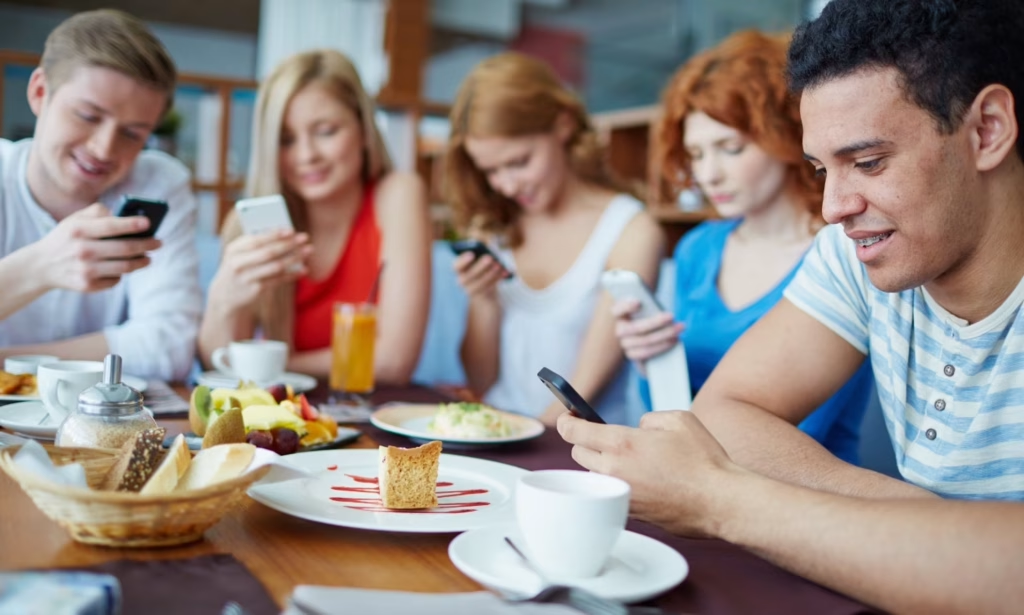
The Rise of “Anti-Hookup” Culture
One of the biggest myths about Gen Z is that they’re more promiscuous due to dating apps. In reality, many are pushing back against hookup culture. While apps like Tinder and Bumble were once associated primarily with casual encounters, Gen Z is using them to seek emotional connections, friendships, and even professional networking.
Apps like Hinge market themselves as “designed to be deleted,” aligning with Gen Z’s desire for meaningful connections over one-night stands. Meanwhile, Gen Z-led movements on platforms like TikTok emphasize emotional availability, consent, and the importance of therapy and self-awareness in relationships.
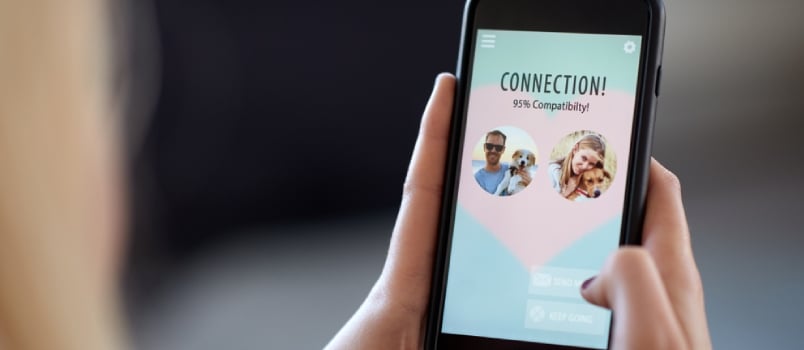
Dating Apps Are Becoming More Inclusive
Gen Z is one of the most racially and sexually diverse generations in U.S. history—and they expect dating platforms to reflect that.
Many dating apps have added features to cater to non-binary users, LGBTQ+ identities, and diverse cultural backgrounds. Apps like Her (for LGBTQ+ women and nonbinary folks) and Grindr (for LGBTQ+ men and trans people) have seen a Gen Z usage spike. Other platforms now allow users to display pronouns, sexual orientation, and relationship styles (e.g., monogamous, open, polyamorous).
This demand for identity-safe spaces reflects Gen Z’s broader social values: authenticity, representation, and inclusion.
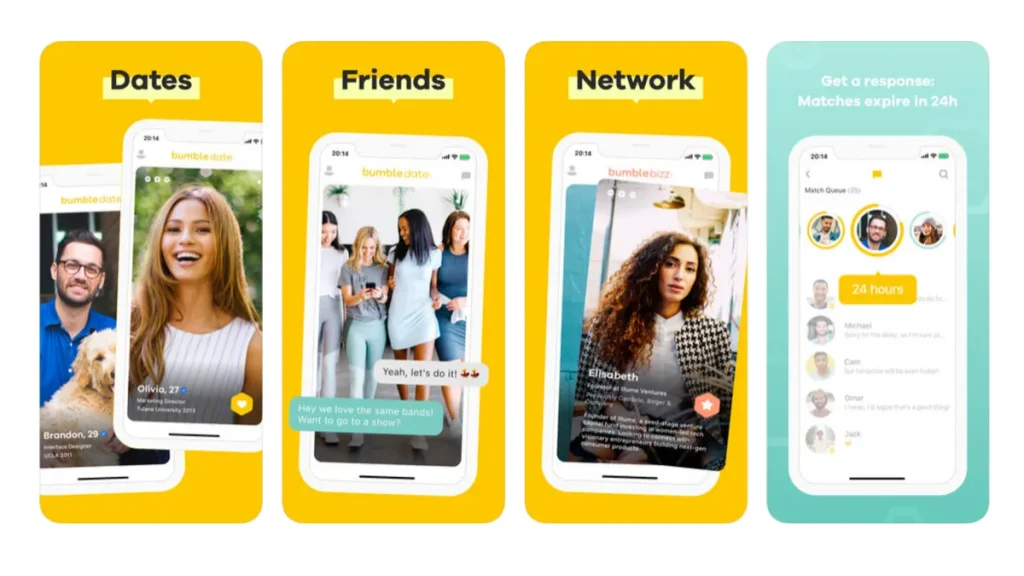
The TikTok Effect on Dating Norms
Social media, especially TikTok, has had a profound influence on Gen Z’s dating habits. Popular trends include:
-
“Soft Launching” a relationship (e.g., posting a hand or silhouette of a new partner)
-
“Delulu is the solulu” (a humorous take on romantic delusions)
-
Red and green flag memes to openly discuss behavior in dating
These viral formats allow Gen Z to openly share dating experiences, vent about awkward dates, and normalize vulnerability. Social media isn’t just a distraction—it’s part of the dating journey.
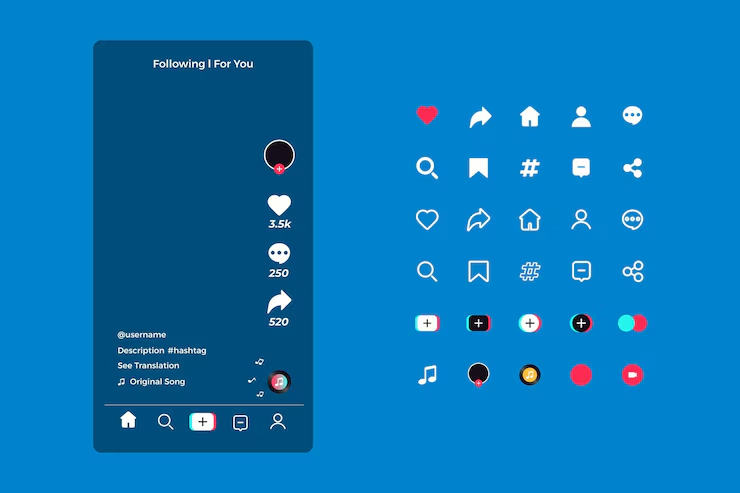
Prioritizing Mental Health and Boundaries
Gen Z is bringing mental health into the dating conversation. Therapy talk, emotional intelligence, and clear boundary-setting are common in Gen Z dating culture. Many won’t hesitate to ask about emotional availability or trauma triggers on the first few dates—or even before meeting.
Additionally, “ghosting” and “breadcrumbing” are increasingly called out as toxic behaviors, and Gen Z users often block and move on rather than engage with emotional immaturity.
Dating app bios are now filled with statements like:
-
“Therapy-friendly”
-
“Emotionally available”
-
“Let’s talk attachment styles”
It’s a major shift from the emotionally detached tone of earlier app cultures.

Video Dating and Voice Prompts: New Forms of Connection
Tired of swiping through endless selfies, Gen Z is leaning into video-first dating. Apps like Snack (dubbed “TikTok meets dating”) allow users to post short videos rather than static photos.
Even mainstream apps like Hinge and Bumble have added voice prompts, where users can answer questions with audio, giving a more real, human feel to digital connections.
This trend stems from a desire to break past polished personas and get to know someone’s vibe, humor, and authenticity before matching.
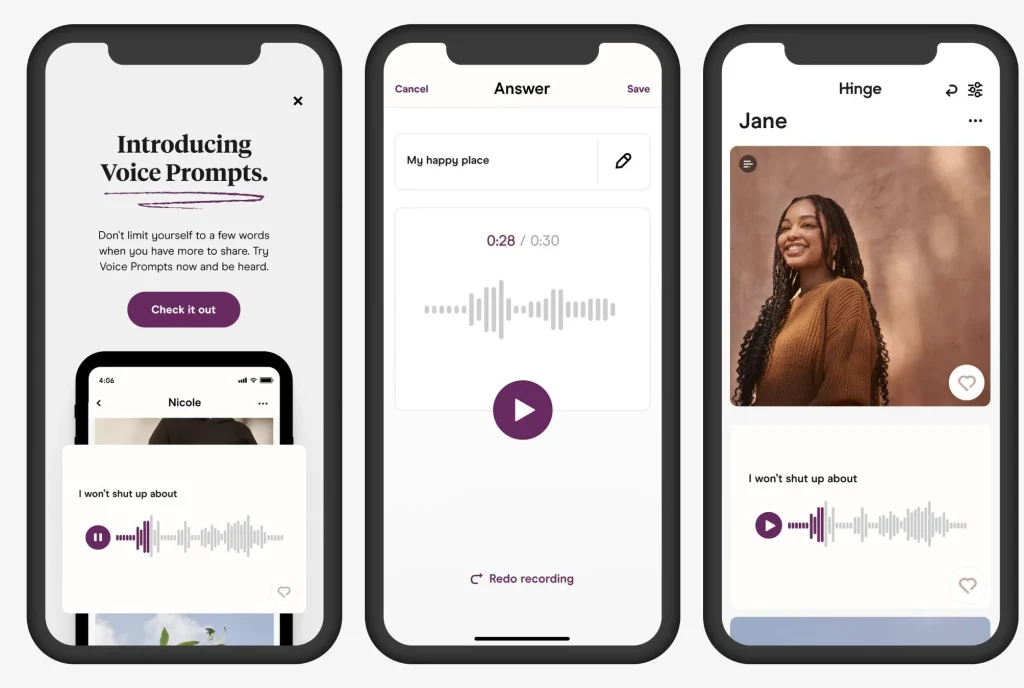
From Apps to IRL: Blurring the Digital/Physical Divide
Gen Z may date online, but they’re also eager to meet in person—safely and intentionally. Unlike previous generations who may have felt embarrassed about “meeting online,” Gen Z normalizes it. A Hinge match that turns into a coffee date isn’t weird—it’s expected.
Events like “speed dating nights” and IRL meetups hosted by dating apps are gaining popularity in cities like New York, L.A., and Austin. These hybrid spaces allow Gen Z to transition from digital to real-life interaction with comfort and safety.
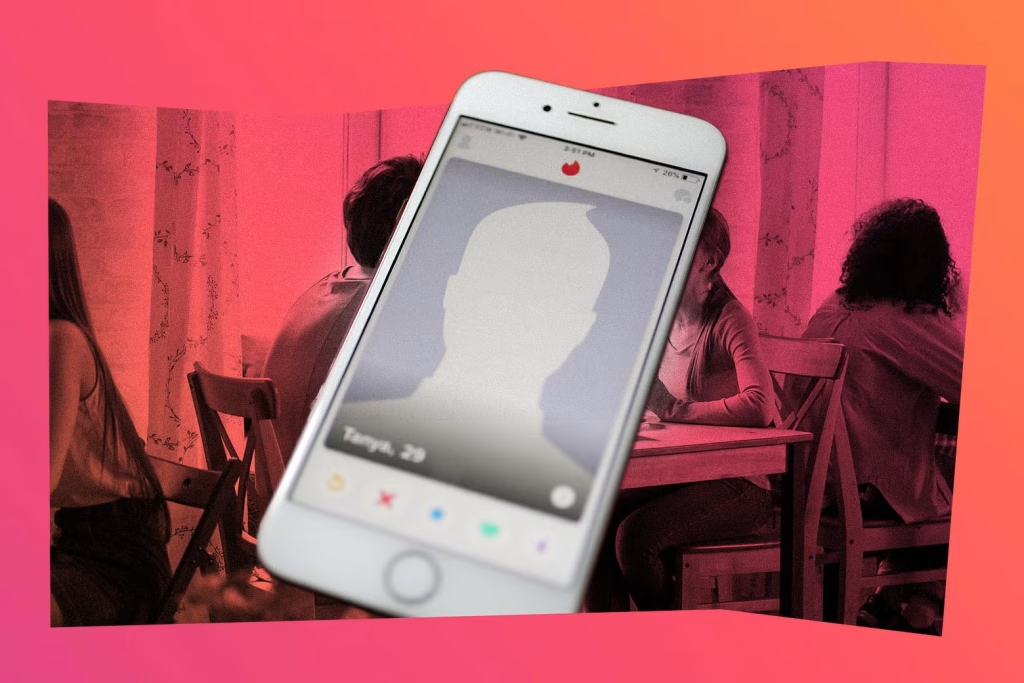
The Future: Slow Dating, AI, and Relationship Tech
Looking ahead, Gen Z is embracing “slow dating”—taking time to truly get to know someone before committing. Many also show openness to AI-assisted matchmaking, compatibility quizzes, and even virtual dates hosted in the metaverse.
Apps are beginning to implement AI agents that suggest matches based not just on appearance, but on conversational tone, shared interests, and behavioral data. Gen Z welcomes these innovations as long as transparency and ethics are at the forefront.
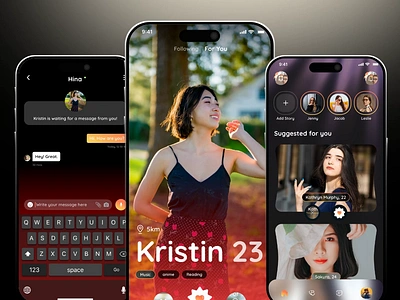
Final Thoughts: A More Conscious Way to Connect
Gen Z is redefining online dating not by rejecting it, but by rebuilding it with purpose. They’re asking deeper questions, rejecting superficial norms, and demanding better behavior from both apps and users.
While previous generations focused on volume—more swipes, more matches—Gen Z is focusing on value. Value in communication, value in intention, and value in every digital connection made.
As dating technology evolves, Gen Z will continue to lead the way—pushing for relationships that reflect who they truly are, both online and off.






